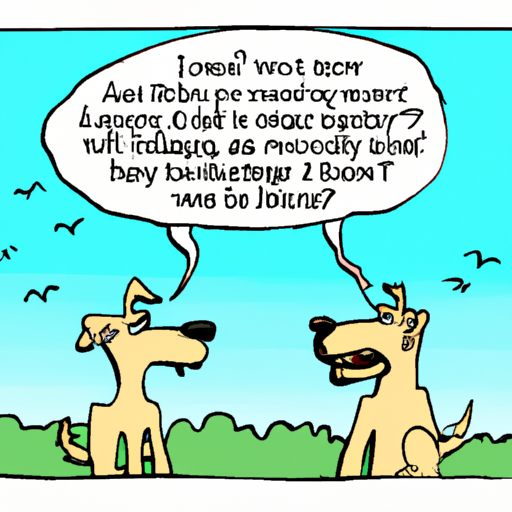As a caregiver, you must have experienced moments when your pet dog growls at other dogs. You might wonder why this happens and if it is something to be worried about. This article aims to shed some light on this behavior.
Understanding Dog Behavior
Dogs, like humans, have a language of their own. They communicate with each other and with us through a series of physical and vocal cues. Growling is one such vocal communication tool. While it might seem aggressive to us, it is often a dog’s way of expressing discomfort, fear, or stress.
There are different reasons why a dog might growl at another dog. Here are the most common ones:
- Territorial Response: Dogs are territorial animals. They often growl to assert their claim over a space, object, or person.
- Fear: If a dog is scared, it might growl as a way to warn the other dog to back off.
- Play: Sometimes, dogs growl during play. This is usually a low, throaty growl and is accompanied by wagging tails and relaxed body postures.
- Illness or Pain: If a dog is in pain or not feeling well, it might growl when approached by another dog.
Interpreting Growls
Understanding the context and the body language accompanying the growl is crucial in interpreting the meaning behind it.
| Body Language | Likely Meaning |
|---|---|
| Ears back, tail between legs | Fear or anxiety |
| Stiff body, bared teeth | Aggression |
| Wagging tail, relaxed posture | Playful growl |
How to Respond
When you observe your dog growling at another dog, your response should be guided by understanding and compassion, not punishment.
- Do not punish the dog for growling as this can make them suppress the growl and directly resort to biting.
- If your dog growls due to fear or anxiety, try to remove them from the situation that is causing the stress.
- If your dog is growling because of pain or illness, consult with a vet immediately.
Preventive Measures
There are several steps you can take to prevent your dog from growling at other dogs:
- Socialize your dog from a young age
- Train your dog to follow basic commands
- Pay attention to your dog’s body language and respect their boundaries
FAQs
Q: Is growling always a sign of aggression?
A: No, dogs also growl when they are playing or when they are scared.
Q: Should I punish my dog for growling?
A: No, growling is a form of communication. Instead of punishing, try to understand the cause.
Q: What should I do if my dog growls at other dogs during walks?
A: Try to divert their attention or change your route. If the problem persists, consult a dog behaviorist.
Remember, every dog is unique and so is their way of communicating. As their caregiver, it’s important to understand their language and respect their boundaries.



